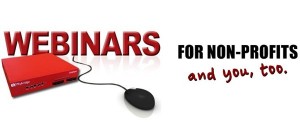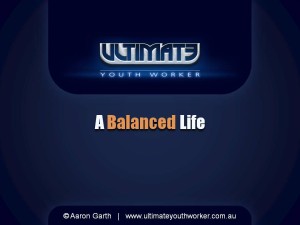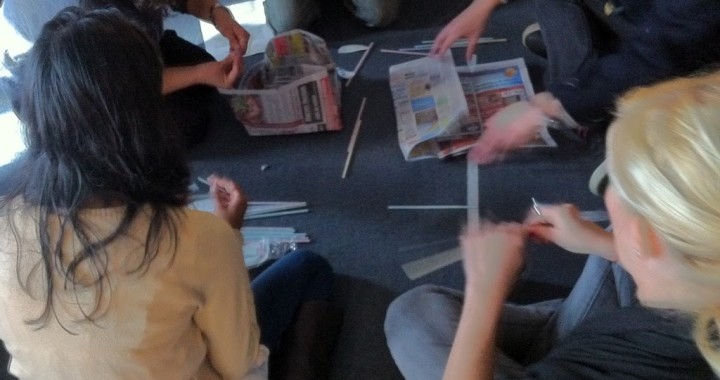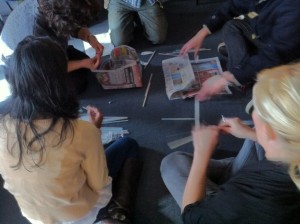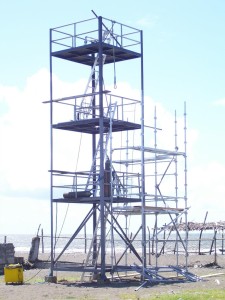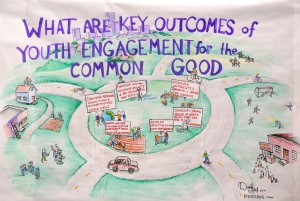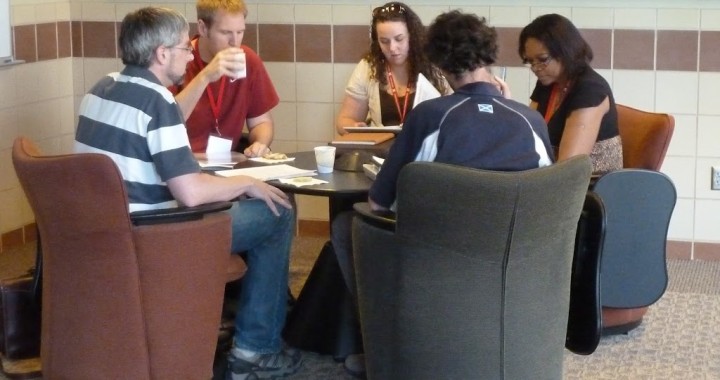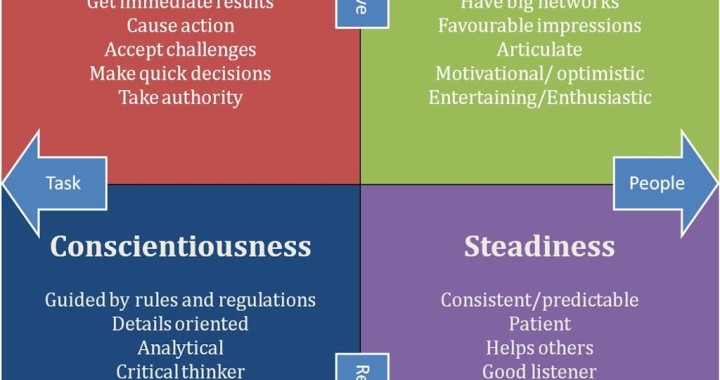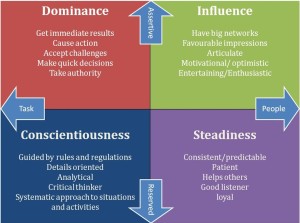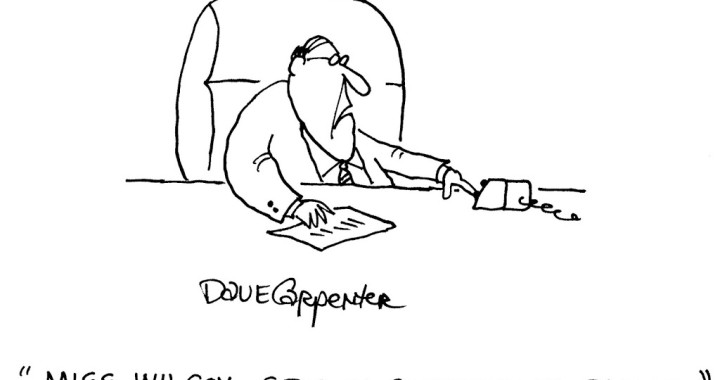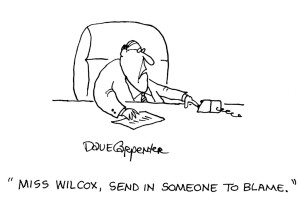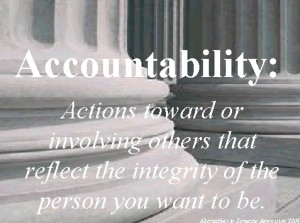 |
| A way to get your professional learnings right on your phone, tablet or computer |
Tag Archives: accontability
You can also leave us a comment below or post a comment on facebook and twitter.
Why youth worker’s need to embrace technology for professional development
With new technology coming onto the market every minute you would hope youth worker’s were at least keeping up, sadly if anything we are falling behind at an ever increasing speed.
With new technology coming onto the market every minute you would hope youth worker’s were at least keeping up, sadly if anything we are falling behind at an ever increasing speed.
-
Our organisations. Organisational policies and procedures have become quite stringent as a knee-jerk reaction to possible legal and ethical issues which arise from the use of technology
-
Technology is changing so fast it is hard to keep up. If you do not devote time to seeing what is out there you can not keep up to date.
-
Technology costs money. I worked in an organisation two years ago that were still running windows ME on their computers which were ten years old!!!
-
It is not seen as a priority compared to face to face interactions with young people. Every day in Australia young people aged 15 and over spend approximately two and a half hours on the Internet. That is more than they spend with me as their youth worker!
So if it is important to our interactions with young people we should learn a bit about it right???
Here are a few reasons this can and should change.
-
Web based training is cheaper than other forms available. If and average worker is on $20 and hour and they attend a half day seminar that goes for 4 hours it costs the organisation $80 before they even get there. lets say it is in a major city and your organisation is in the outer suburbs, roughly an hour each way by transport is another $40 in lost productivity. Train tickets or petrol =$$$. Then there is the cost of the training. Is it catered, add more money. The average half day seminar in Melbourne currently goes for around $120.
- The equation looks a little like this:
- Conference attendance/lost productivity = $80
- Transport/lost productivity = $40
- Transport costs = $???
- Parking = $???
- Seminar cost = $120
- Catering = $???
- Total cost =$240+transport
- Same seminar done online =$200 (no transport costs, no catering etc.)
-
It is easier to attend. If your seminar is from 10am-2pm you can get to work at 9am and spend an hour catching up on emails. at 2pm when the seminar finishes you grab a bit to eat and are back at your desk by 2:30pm (and you had a snack or two at your desk while you were at the seminar). All you need is a computer with Internet access and a headset with a mic. Also you can attend training on the otherside of the world with great trainers just by getting online…No need for a $1000 plane ticket.
-
Online seminars provide handouts etc online. Whether you are at a webinar, listening to a podcast or watching a pre-recorded PowerPoint most providers also give you access so that you can go again and print/save documents for future reference.
-
Your boss won’t think you are playing hooky. From our experience we have found that many bosses struggle with sending staff to PD because they have issues with trusting that you will be there the whole time and actually pay attention. It is usually not because you have given them a reason but they are remembering what it was lie for them. If you are in your cube or office and you are visibly doing your training then there is no reason to doubt you.
So what does this mean for you as a youth worker?
Aaron
Setting boundaries in youth work:How much do I share about me?
-
 In the Army here in Australia all leaders no matter their rank are taught that a good relationship with their team is critical for success. However if the lines get blurred because the relationship becomes more than that of a team and becomes a friendship things can get very messy. to combat this many of the leaders are taught the mantra “be firm, fair, friendly; but never familiar”. this little saying is the first way I balance my answers to those sticky situations. My young people are people not just clients! If I expect them to trust me and give me straight answers then I should show them the same respect. This doesn’t mean give them your home address and take them to your favourite watering hole. But within reason engage them in meaningful conversation as you would anyone else. Let your practice wisdom guide you but do not be afraid to share. I have spoken to sex offenders about my two little girls, told young people which suburb I live in (its a big place and I would be hard to find as I am not listed in the phone book) and even spoke about some of my failings (Yes, even we at the Ultimate Youth Worker have failed). The key to this is emotional intelligence. No more than you are comfortable with and as obscure as necessary for safety. For example, with some young people in residential care who had an affinity of following staff home I would often only say I lived in a particular local government area. With other young people I have no issue saying which housing estate I live in in my particular suburb.
In the Army here in Australia all leaders no matter their rank are taught that a good relationship with their team is critical for success. However if the lines get blurred because the relationship becomes more than that of a team and becomes a friendship things can get very messy. to combat this many of the leaders are taught the mantra “be firm, fair, friendly; but never familiar”. this little saying is the first way I balance my answers to those sticky situations. My young people are people not just clients! If I expect them to trust me and give me straight answers then I should show them the same respect. This doesn’t mean give them your home address and take them to your favourite watering hole. But within reason engage them in meaningful conversation as you would anyone else. Let your practice wisdom guide you but do not be afraid to share. I have spoken to sex offenders about my two little girls, told young people which suburb I live in (its a big place and I would be hard to find as I am not listed in the phone book) and even spoke about some of my failings (Yes, even we at the Ultimate Youth Worker have failed). The key to this is emotional intelligence. No more than you are comfortable with and as obscure as necessary for safety. For example, with some young people in residential care who had an affinity of following staff home I would often only say I lived in a particular local government area. With other young people I have no issue saying which housing estate I live in in my particular suburb. -
The second one comes from my Christian youth work days and a bible passage which always spoke to me in this case. In 1 Corinthians 8 it talks about not letting your actions cause a brother to sin. This may be hard for some of our readers but I have found it to be a great help. In sharing with the above mentioned sex offenders that I had children I was pressed for details of their physical appearance. I had a split second to answer and in that time I believed that due to the nature of their offending and a knowledge of where their rehabilitation was at it would cause more harm than good to answer this question directly. I instead provided a half answer, “They look like me only shorter”. It was enough of a non answer for the young person to not follow up with more questions. When I worked in drug and alcohol rehab I was often confronted with the question “How would you know what its like”? As a manager I often had a suit and tie on which set me apart from the other staff who were jeans and t-shirt kind of people. Often I would just let it go by and not worry. However on one occasion I shared about my background growing up in a broken home in a rough neighbourhood in Melbourne. I shared that as a late teen I had a problem with alcohol and that one of my friends had supported me to reign it in. This led to a stronger relationship with that particular group but also many more questions which I had to fend off or minimise as I believed the answers would not have helped their recovery. One particular young man would ask incessantly how it felt to get drunk. As a person with a history of failed attempts at kicking the bottle I would often retort that it was a “painful experience for all involved”.
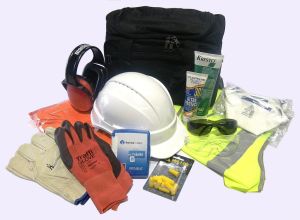 The main thing to think about on top of this is a safety issue. Is what your telling the young person going to cause you, your family or the young person undue harm or inconvenience. If the answer is yes then don’t tell them.
The main thing to think about on top of this is a safety issue. Is what your telling the young person going to cause you, your family or the young person undue harm or inconvenience. If the answer is yes then don’t tell them.youth work peer consultation: reflective practice revisited
Reflective practice with your peers
We have all had those moments in our youth work career. We are stuck and we don’t want to go to the boss because we don’t want to seem incompetent. So we lean across the aisle/cube/partition and ask a colleague what they would do. Sometimes our reflective practice is not so worrying. You are having lunch and you pose a question about how you might approach a new young person to the group. On the other hand you were just chewed out about how you dealt with a particular case and you are looking for some affirmation so you explain what you did to your colleagues. When a group of peers work together to support each other through reflective practice it is called PEER CONSULTATION.
 Peer Consultation, unlike a chat about the weekend around the water cooler, describes a process in which critical and supportive feedback on style and worker identity is emphasized while evaluation of practice is not. Consultation, in contrast to supervision, is characterized by the youth worker’s, “right to accept or reject the suggestions [of others]” (Bernard& amp; Goodyear, 1992, p. 103).
Peer Consultation, unlike a chat about the weekend around the water cooler, describes a process in which critical and supportive feedback on style and worker identity is emphasized while evaluation of practice is not. Consultation, in contrast to supervision, is characterized by the youth worker’s, “right to accept or reject the suggestions [of others]” (Bernard& amp; Goodyear, 1992, p. 103).
The terms ‘peer supervision’ and ‘peer consultation’ have both been used to describe similar relationships amongst colleagues. However, at Ultimate Youth Worker we believe that the difference is the outcome of the process. In ‘peer supervision’ colleagues provide a clinical evaluation of each other’s work to better individuals and the group. In ‘peer consultation’ colleagues focus on providing mutual support and advice to the individual using reflective practice.
The foundation of peer consultation is steeped in the understanding that individuals who are trained in helping skills using these same skills to help each other function more effectively in their professional roles. According to Benshoff & Paisley (1993), peer consultation provides a number of benefits to youth worker’s on the coal face including:
- Decreases dependency on ‘expert’ supervisors and provides greater interdependence of colleagues;
- Increases responsibility of youth worker’s for assessing their own skills and those of their peers, and for structuring their own professional growth;
- Increases self-confidence, self-direction, and independence;
- Development of consultation and supervision skills;
- Use of peers as models;
- Ability to choose the peer consultant; and,
- Lack of ‘clinical’ evaluation.
 Peer consultation comes in two forms. Informal chats over the partition with your colleagues and more formalised group consultations. Whichever form it takes just do it. Spending time with your colleagues in reflective practice helps you to strengthen your practice and hone your skills in a supportive environment. It provides a safe place to critically reflect on your practice within the confines of your peer network.
Peer consultation comes in two forms. Informal chats over the partition with your colleagues and more formalised group consultations. Whichever form it takes just do it. Spending time with your colleagues in reflective practice helps you to strengthen your practice and hone your skills in a supportive environment. It provides a safe place to critically reflect on your practice within the confines of your peer network.
Reference
Benshoff, J.M., & Paisley, P. O. (in press). The Structured Peer Consultation Model for School Counselors. Journal of Counseling and Development
Bernard, J.M., & Goodyear, R. K. (1992). Fundamentals of clinical supervision. Needham Heights, MA: Allyn & Bacon.
Leave us a comment below or post a comment on facebook and twitter
.
Behavioural observation is the key to best practice youth work.
DISC
The four behavioural types are Dominance, Influence, Steadiness and Conscientiousness.
This graphic illustrates this more effectively.
Self care 101: There is no work life balance
Work life balance
“when confronted with demands from work and home, their work commitments was given priority over family commitments” (pg 367).
Why do we do this??? Is it because we believe our family will understand the plight of the young people and will forgive us for missing time with them. If I had a dollar for every youth workers kid (including my own) I met that stated their parent was never around I could retire today.
But if there is no balance, I hear you say, then what do I do???
 FULL DISCLOSURE: I haven’t been doing this long. I had always thought self care was all about me. If someone took your job away you would be sad, disappointed even angry. I Know, I have been fired from work that I loved without any notice. But, if someone took your family away you would become a wreck. A blubbering mess. How many divorces in our field could have been avoided by a good hard look at our prioritise? My wife and I are still together. More to do with her amazing heart than my skills and planning. She knew this stuff intrinsically. Family comes first!
FULL DISCLOSURE: I haven’t been doing this long. I had always thought self care was all about me. If someone took your job away you would be sad, disappointed even angry. I Know, I have been fired from work that I loved without any notice. But, if someone took your family away you would become a wreck. A blubbering mess. How many divorces in our field could have been avoided by a good hard look at our prioritise? My wife and I are still together. More to do with her amazing heart than my skills and planning. She knew this stuff intrinsically. Family comes first!








